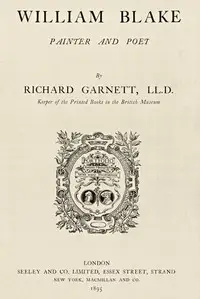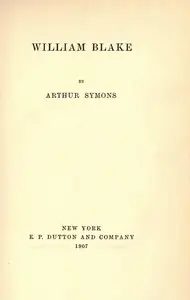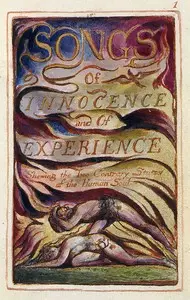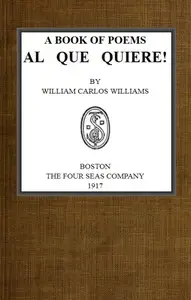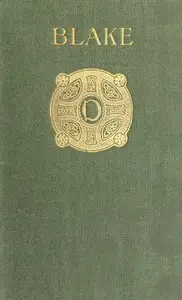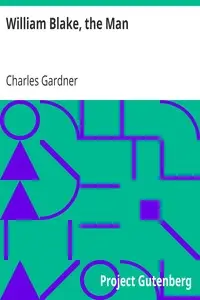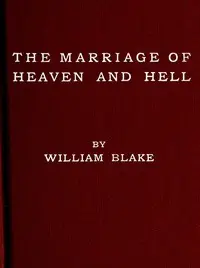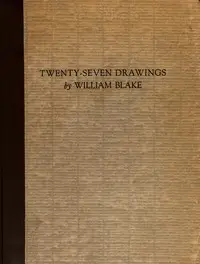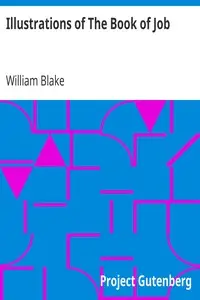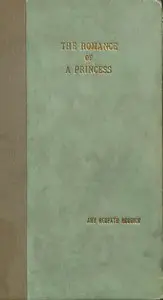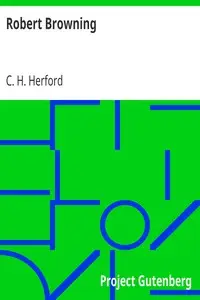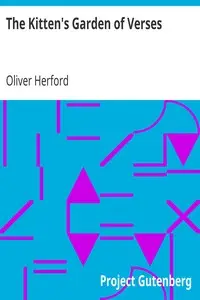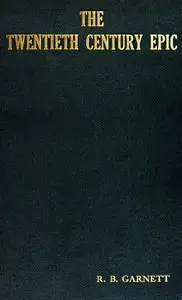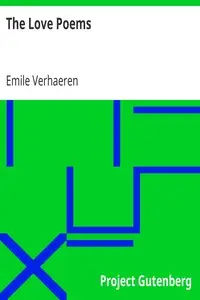"Poems of William Blake" by William Blake is a rich anthology of poetry featuring "Songs of Innocence and of Experience" and "The Book of Thel," where the author explores the contrasting states of human existence through visionary and philosophical insights. Crafted in the late 1700s, it captures the essence of the Romantic era, presenting the joys and purity of unspoiled innocence against the grim realities of experience, social injustice, and lost idealism. The collection looks at dualities such as love, societal issues, and the struggles of self-discovery, as a character named Thel seeks the meaning of life and mortality within the world. Blake's masterful use of symbolism and allegory invites readers to contemplate the intricate nature of their lives through the lens of his profound, thought-provoking verse.

Poems of William Blake
By William Blake
Journey through contrasting realms of purity and harsh reality as this collection uncovers the complexities of human nature.
Summary
About the AuthorWilliam Blake was an English poet, painter, and printmaker. Largely unrecognised during his life, Blake has become a seminal figure in the history of the poetry and visual art of the Romantic Age. What he called his "prophetic works" were said by 20th-century critic Northrop Frye to form "what is in proportion to its merits the least read body of poetry in the English language". While he lived in London his entire life, except for three years spent in Felpham, he produced a diverse and symbolically rich collection of works, which embraced the imagination as "the body of God", or "human existence itself".
William Blake was an English poet, painter, and printmaker. Largely unrecognised during his life, Blake has become a seminal figure in the history of the poetry and visual art of the Romantic Age. What he called his "prophetic works" were said by 20th-century critic Northrop Frye to form "what is in proportion to its merits the least read body of poetry in the English language". While he lived in London his entire life, except for three years spent in Felpham, he produced a diverse and symbolically rich collection of works, which embraced the imagination as "the body of God", or "human existence itself".

